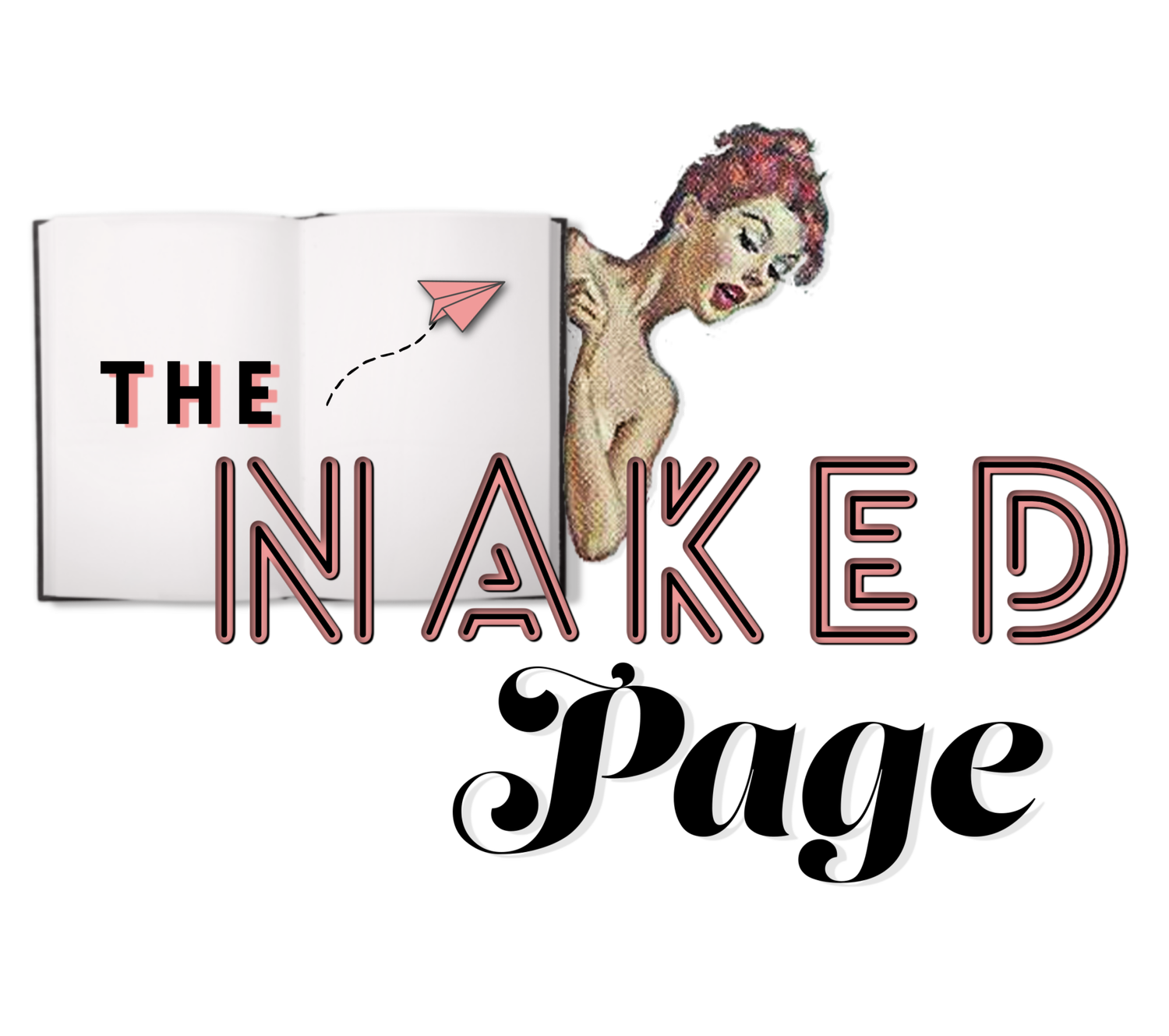
Blog
Blog
Blog
“Il faut cultiver notre jardin,” —Voltaire
For those of us who don’t do fancy French, this means:
“We must cultivate our garden,” says Pangloss at the end of Voltaire’s Candide.
No sentiment could be truer for women who write. Stop focusing on the whole wide world. Instead, maintain a space that is your own and encourages the fruits of your labors to blossom.
But the process of growing our garden requires the right tools. Reading this blog and learning how to revise your own stories could help you cultivate your garden, obtain peace of mind, and establish your writing legacy. Happy reading and writing!
Looking for a specific writing topic? Search the entire blog below.

Use This Empathy Check When Writing Your Problematic Characters
It’s been long established that your memoir shouldn’t be filled with Disneyesque do-good princesses and wicked villains. That’s lazy writing.
You know and I know that people have nuance. So how should you handle a bad guy in your memoir?

How to Be Bad: Find Your Inner Villain
Don’t underestimate the profound effect your inner badness can have on writing your memoir.
“Bad guys are dynamic characters with lots of human dimension. ”
Before we talk about how you can tap into your witchiness for personal writing, let’s dissect the role of the villain.

Tell Your Story
No, you didn’t misread the title. This isn’t some overly positive motivational speech to convince you to start writing. You know that’s not my style. I focus on creative ways for you to implement practical editing strategies.
Sure, on the surface this title looks like some seriously simplistic advice. It probably leaves you thinking, “of course, I’m going to tell my story when I write. Who else’s story would I tell?”
And if you’re writing a memoir, the advice may seem even more obvious.

